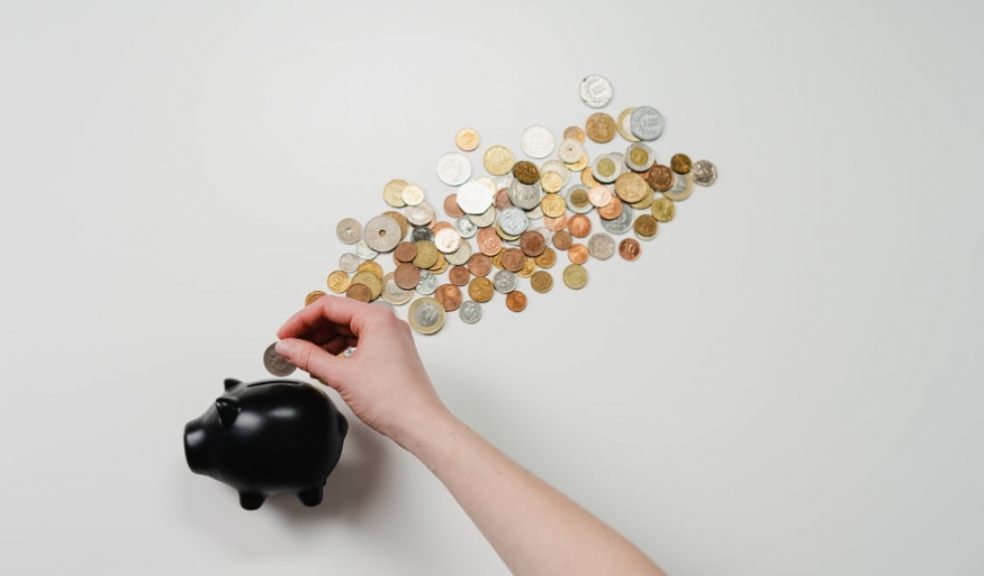
UK inflation continues to rise
The year 2020 has been a challenging year for the UK and its economy. The covid-19 pandemic struck, triggering all businesses to close and people to stay indoors to reduce the rate of infections. It also led to the disruption of the UK economy, causing an increase in inflation by 0.2%. According to the BBC business news, the previous inflation rate was at 0.5%, but due to the Covid-19 pandemic, the UK's economy has been negatively impacted. The market has left the UK's FTSE 100 lower by 2.6%.
Effects of inflation
Inflation generally means the rise in price levels typically expressed in percentage form where the currency purchasing power reduces. Inflation has a significant impact where the general prices of goods and services rise. The consumers can't spend out of budget, which can lead to the collapse of a particular commodity with little essential requirement due to the high cost of living to attain inflation. The current CPI (consumer price index) is expressed over the initial CPI.
The economy of the UK has suffered a recession since the pandemic lured the country. With the government trying to curb the virus, business premises had to subdue to the regulations. Therefore, the government-controlled the operations and customers serving models of most businesses. These new business operations led to the closure of firms and companies that conducted face to face services. Consequently, customers had to adapt to the new safer way of acquiring goods, and online services boomed with orders that increased the demand for products, leading to the rise of prices.
Impact of the pandemic on the UK economy
The house prices in the UK are significantly rising due to families searching for houses for extending their property space for quarantine purposes. Also, the vacation rentals are offered at a subsidized rate by the restaurants, which have attracted numerous people who have facilitated the houses' demand, raising the prices to 4.9%.
According to Jonathan Athow, the ONS deputy for economic statistics said that the growth of inflation was due to the rising clothing prices as they return to regular seasonal selling after the pandemic. Their CPI rose by 2.8% from September this year. Businesses lured customers with great discount deals after the cession of movement was uplifted. The clothing prices are adding up to contribute to the rise of inflation in the UK.
Food prices also went up compared to last year. By staying indoors, people are consuming more home-made meals leading to an increase in vegetables, fruits, and tubers. The demand is making buyers scramble for less food in the stores. The value of food has made consumers pay for more than the initial prices.
Wages sustain the substantial everyday living of an employee. This rise in inflation has affected the pound's value, leaving everything at a higher price rate. UK citizens are on the verge of using up all their savings to cope with the rising prices. This affects the economy negatively as people will tend to buy goods even at higher prices to maintain their living standards. In inflation circumstances, debtors tend to benefit since they return funds with lesser value before the initial cost.
This pandemic has influenced the UK's economy negatively. The rising prices are causing a decrease in the monetary value of the pound. The higher cost of living is making UK citizens spend more, thus increasing the country's money circulation, which can cause a recession.

















